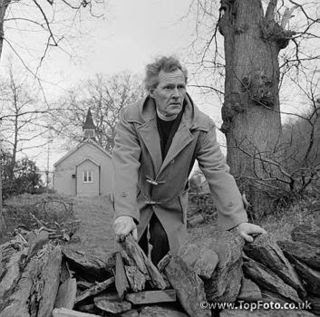They let me on, finally, after much consultation of my ticket print out and punching combinations into their hand held consoles, and calling upon higher authorities. It would have justified R. S. Thomas' instinctive distrust of technology.
I was on the fast train to Nizhny Novgorod...
What a jolt to memory! When I first came in the 90s, it was an overnight train, a coupe of four beds with admirably starched sheets, a coupe kept at a temperature that stifled, guarded by a uniformed harpie of formidable bulk.
Now you arrive in Nizhny Novgorod (at 11.30pm) when previously you would be departing Moscow, sitting in spacious seats, well lit, and kept at room temperature (rather than that of tropical glass house). A trolley appears with coffee and snacks, whose custodian is young, male and charmingly polite. His name badge indicating that he speaks English and German as well as Russian.
Both trains had a valued similarity: they always seem to run on time.
You do miss, however, the happy randomness of intimate acquaintance with your travelling companions. I remember the man with the magic plastic bag that continually produced copious food which he shared with me. The woman who lay perfectly still making strange squeaking noises as if dreaming she were a mouse, perhaps she was! Or waking from fitful sleep to loud American voices next door demanding to know who had the 'coke' and wondering momentarily where one was, and what kind of 'coke' was sought. And finally the strange, polite choreography of undressing when sharing a mixed coupe - men disappearing to the corridor conjured by a feeling that the time was right, rather than a word. Returning to darkness and feigned sleep to allow you your own undressing space.
On the train, I was reading Byron Rogers ' The Man who went into the West: The Life of R.S. Thomas'. It is a magical book exploring the life of this exceptional poet, and blackly comic in a way that a poet's biography is not meant to be! He was undoubtedly a very strange man who invented roles for himself woven through with a disconcerting sense of dryly dark humour and Roger's evokes this complexity deftly, affectionately and imaginatively.
He was by no imagination an easy or even competent Anglican priest but in providing this man with a sustaining home, it helped give birth to one of the most imaginatively gifted lyric poets of the twentieth century. The church has unexpected uses.
One thing the book achieves is capturing how remarkably differently we can be seen by others; and, that intimacy (in this case of Thomas' long suffering son) does not necessarily bring insight, that paradox of being too close to see that can stalk even our closest relationships.

Comments
Post a Comment